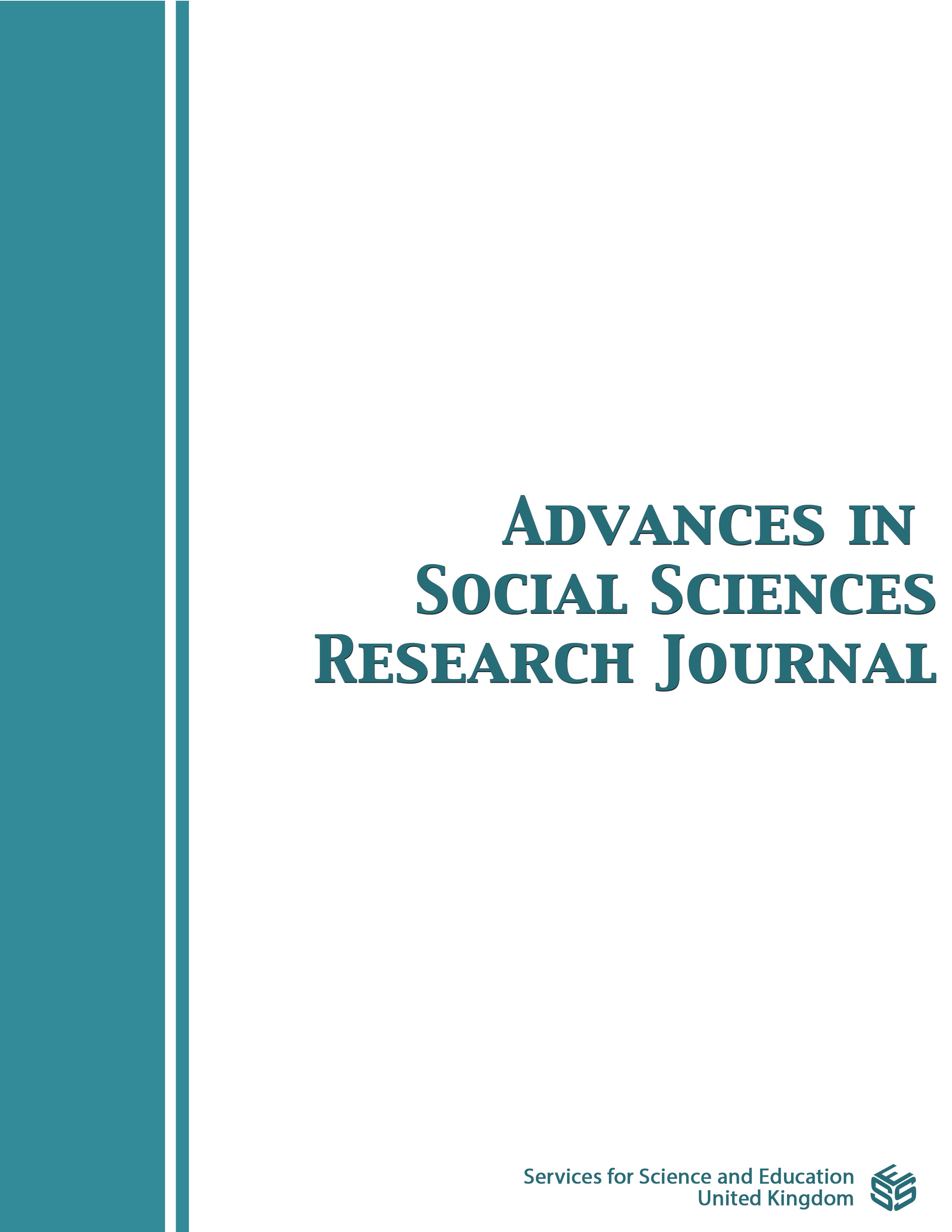Determining Accounting Undergraduates' Intention to Become Shariah Auditors in Malaysia: A Theory of Planned Behavior Approach
DOI:
https://doi.org/10.14738/assrj.1201.18046Keywords:
Accounting Undergraduates, Shariah audit, Shariah auditor, Smart PLS, Theory of Planned BehaviorAbstract
This study investigates accounting students’ intention to become Shariah auditors based on the Theory of Planned Behavior encompassing attitude, subjective norms, and perceived behavioral control. It identifies the key factors influencing this career intention. Employing data of 127 accounting students across three Malaysian universities and utilizing analysis through Smart PLS, the study reveals that subjective norms and perceived behavioral control significantly impact students' intention to become Shariah auditors. These findings provide valuable insights for universities to enhance accounting curricula and programs, ultimately fostering a workforce proficient in Shariah principles and auditing. Additionally, the findings of the study aid in the development of skilled and competent Shariah auditors equipped to address the growing demands of the Islamic finance sector, thus benefiting academia, the industry, and future practitioners.
Downloads
Published
How to Cite
Issue
Section
License
Copyright (c) 2025 Maizatul Akmam Ahmad, Azlinda Mohamad, Aznizai Mohamad, Nor Raihan Mohamad, Azlizan Adila Mohamad

This work is licensed under a Creative Commons Attribution 4.0 International License.
Authors wishing to include figures, tables, or text passages that have already been published elsewhere are required to obtain permission from the copyright owner(s) for both the print and online format and to include evidence that such permission has been granted when submitting their papers. Any material received without such evidence will be assumed to originate from the authors.






